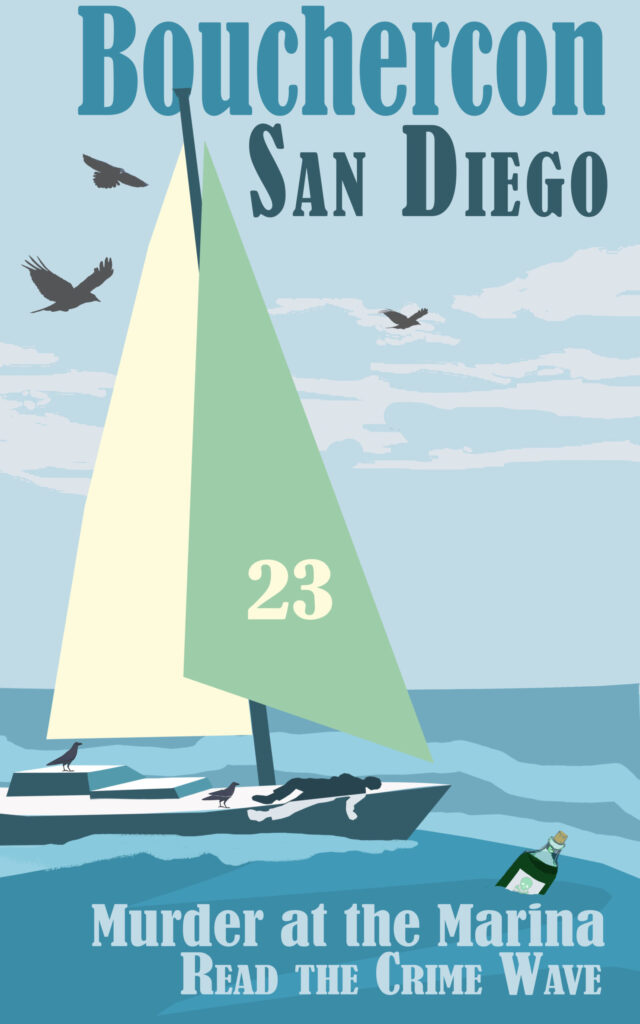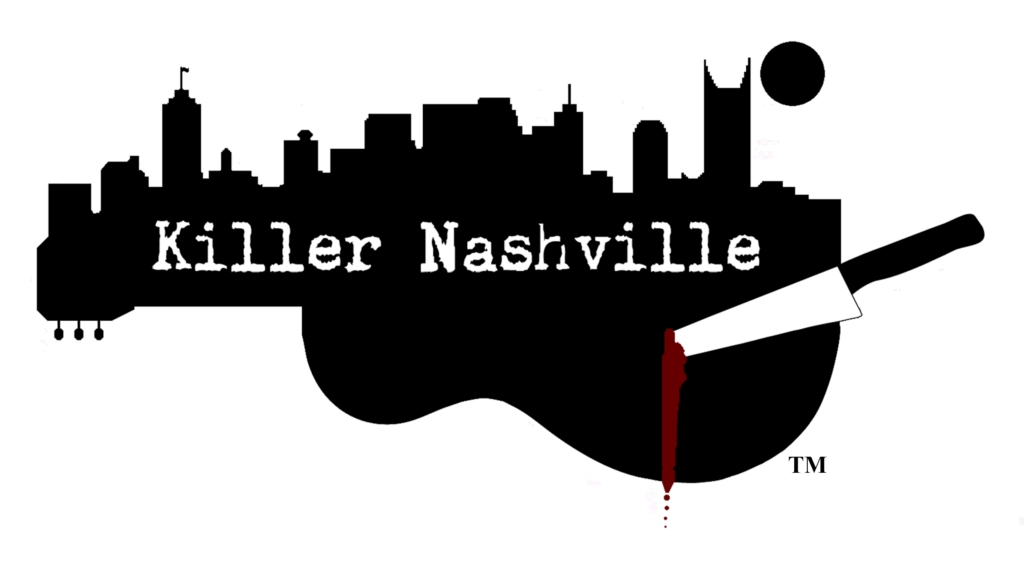Crime Fiction, Recent Drinks, Float On
Reading Time: 3 minutes.
Two crime-fiction conferences, four cocktails, and one song (“Float On”).
Crime-Fiction Conferences
Somewhat astonished that I will be panelist next week at Bouchercon, perhaps the largest mystery and crime fiction annual event in the country. To do so with outstanding writers like Paul Levine, Alan Gordon, Robert Rotstein, and Wendy Tyson/Liv Andersson is even better.

San Diego is not L.A., but one is reminded of “The Black Dahlia” (1946):
Many thanks to Clay Stafford and the kind folks at Killer Nashville where I made a presentation on “Getting White-Collar Crime Right” (basically, “White-Collar 101 for Crime Fiction Novelists”):
Narrative fails—in the courtroom or in crime fiction—when the narrator fails to reach into the life of others and thus see what their “real” life is. (For “narrator,” substitute “lawyer” or “writer”). The core life of another— whether they be in a courtroom (as jurors or witnesses) or in a novel (as characters)—can remain unknown. Empathy becomes muddled. Persuasion or entertainment diminished. Ultimately, the case is lost or the story set aside.
If you are a lawyer or a writer, or even just a consumer of what lawyers and writers produce—the justice system, novels—you have a significant interest in this situation. What, if anything, can we do about this problem of the unknown core?
I don’t know the answer to those questions, but a good start will be an understanding of the basics of white-collar crime.
How are we going to approach White Collar 101?
Action item: for each counterintuition, make a note— How can I use this counterintuition in something I am working on right now?
Second, we will consider a few myths.
Third, I will leave you a reading list.
A great conference and outstanding “students.”
Drinks I Have Been Drinking
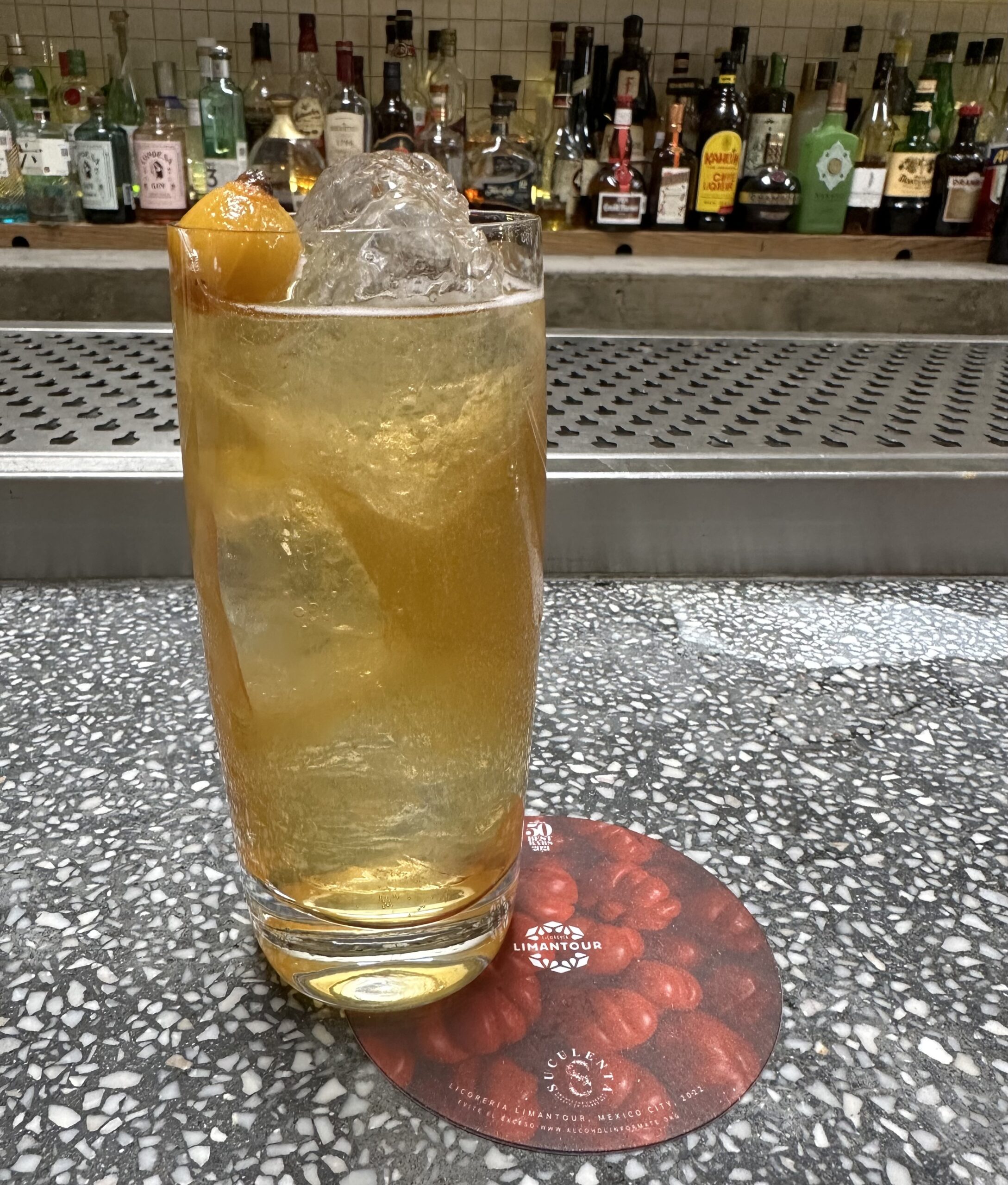
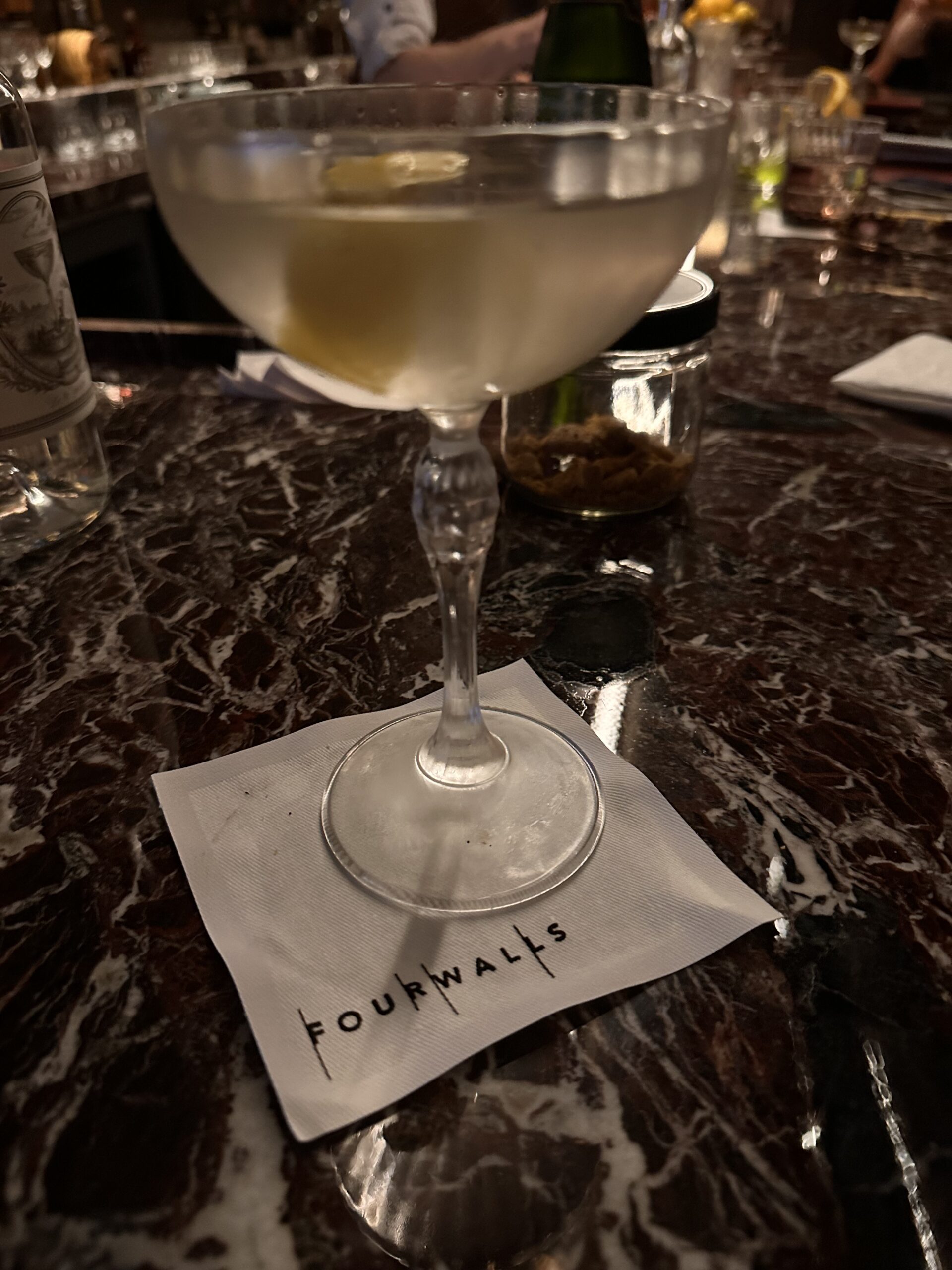
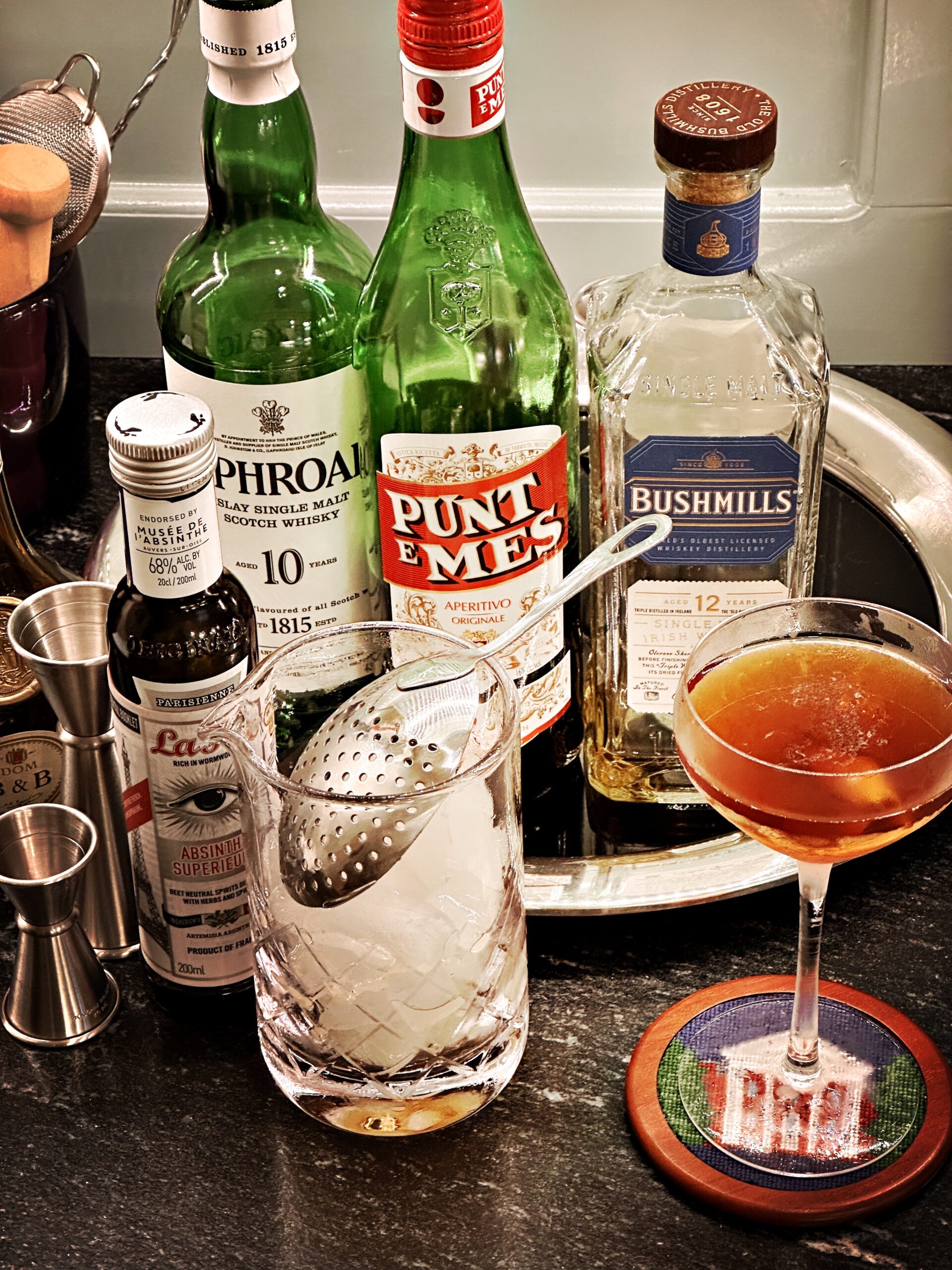
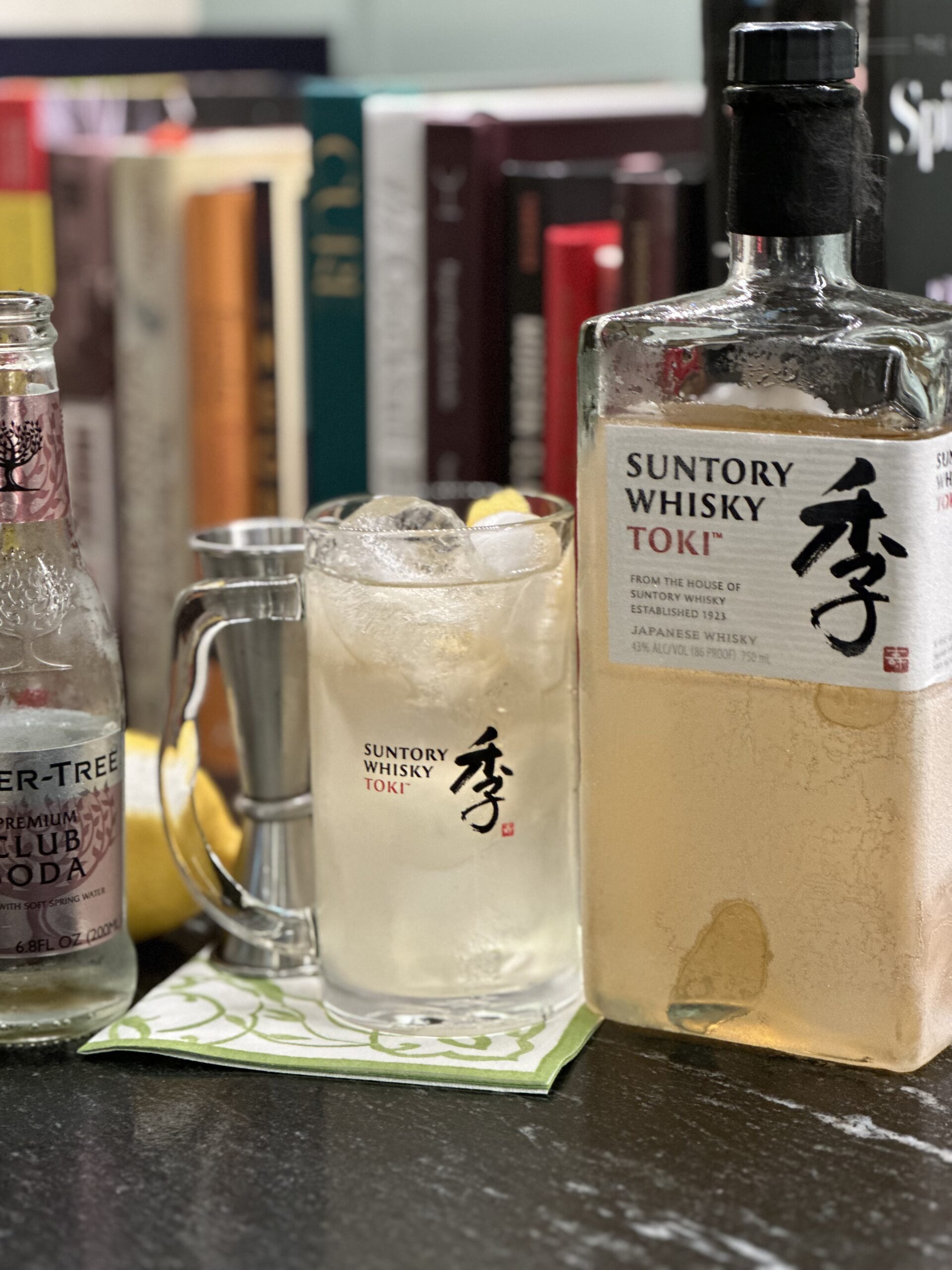
And finally, “Float On” (1977) by The Floaters. Simply because, in these difficult times, it is comforting to hear “Aquarius, and my name is Ralph”:
